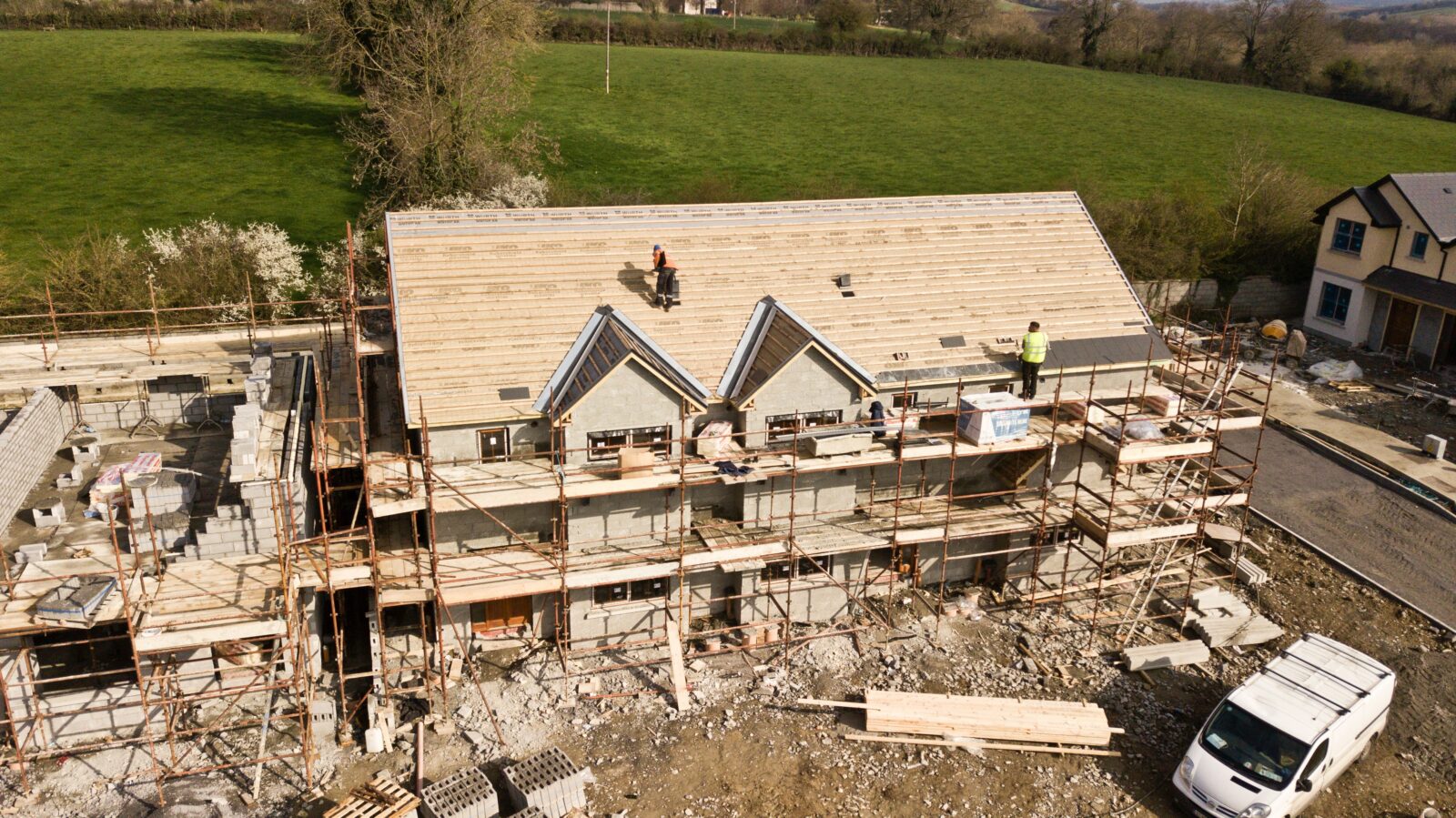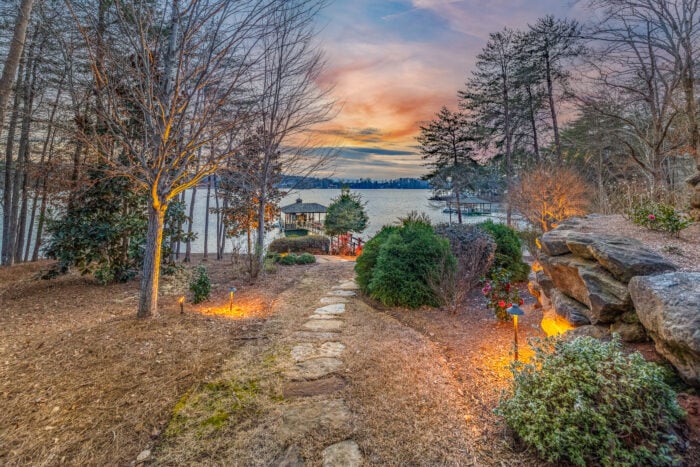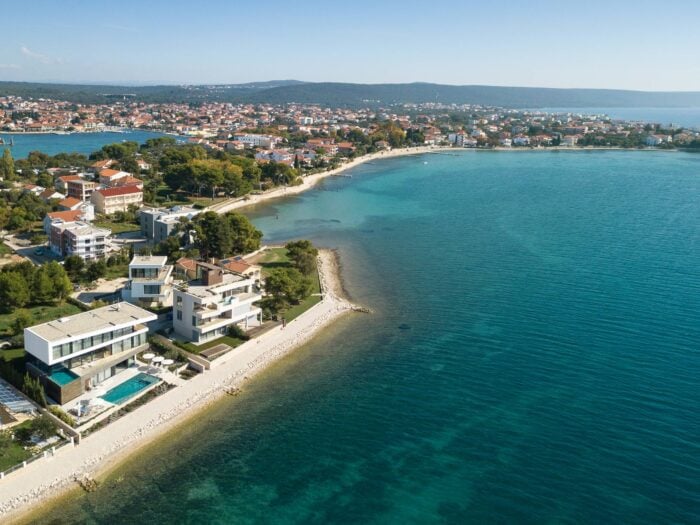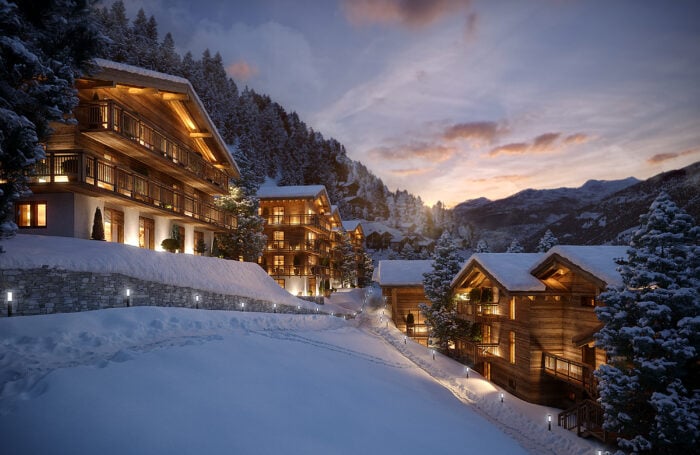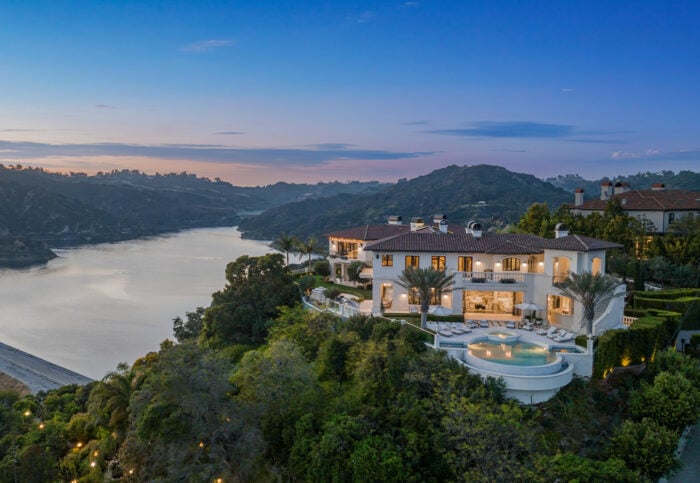With Maui‘s real estate experiencing low inventory levels and bidding wars, more and more buyers are opting for new construction properties. I enjoy helping buyers purchase new construction properties because it is a very specific, customized process that starts with walking across a vacant dirt lot and a vision for a future home. It can span over months and sometimes even years and ends with a customized home that meets my buyer’s specific preferences.
Customized finishes, newer cost-efficient, energy-saving materials, and convenient smart home capabilities are a few of the advantages of new construction. Every buyer should be aware of hidden costs that can quickly add up during the new construction process. By asking the following questions, buyers can plan ahead and stay on budget.
1. What is the estimated timeline for the completion of the project?
Are building and pool permits included in that timing? Many builders are not able to provide an exact completion date, but having a general sense of timing will help you secure financing by knowing when to lock in a good interest rate for a loan. It will also help you plan for your move into the property in case you have to rent beforehand.
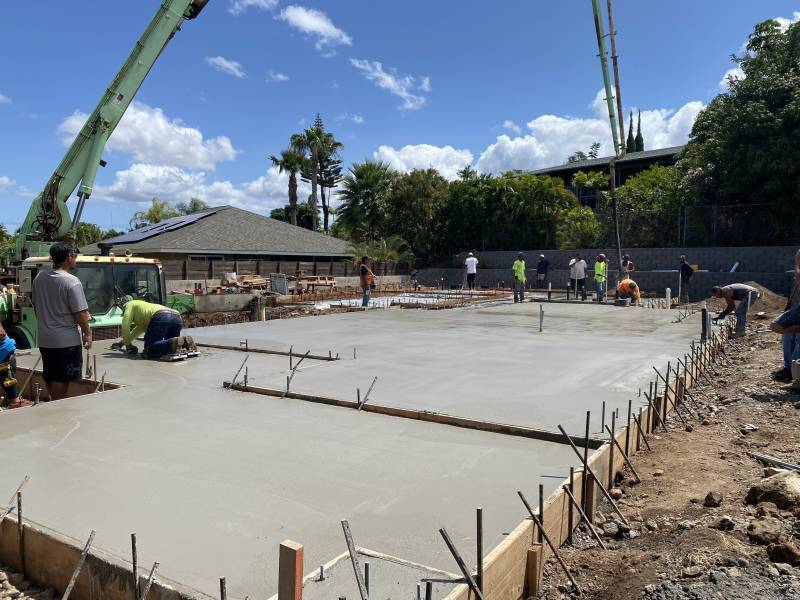
2. Will this property be a short-term resale or a long-term home?
For a short-term resale, focus your budget on features that will have a high resale value for the current market conditions. An open floor plan, a standing seam metal roof, and tall ceilings help add value. Similarly, a three-bedroom, two-bath home will have a higher resale value than a two-bedroom, two-bath home with larger bedrooms that takes up the same amount of living square footage.
3. What finishes are included in the base price?
Is the Builder offering any promotions on upgrades? What are optional additional expenses? This is where costs can quickly add up. For example, my clients recently purchased a new construction home in South Kihei with a base price of $1.36 million. They added an infinity pool with a saltwater system, a standing seam metal roof, photovoltaic solar panels with a back-up battery system, a custom front entrance gate, soft water system, irrigation system, a reverse osmosis water filtration system, custom light fixtures, and an additional third bathroom and lanai that amounted to $275,000 in upgrades. It is much more cost-efficient to install these environmentally friendly and high-efficiency options upfront, rather than after the completion of construction.
4. How are change orders handled?
Is there an extra charge if you change your mind about the design or finishes after you signed the purchase contract agreement? Do the changes have to be paid for upfront? Will the changes delay the timing?
5. Is there a Builder warranty and for how long?
Will the Builder follow the Homeowner’s Association design guidelines and CC&Rs? Some subdivisions have specific height limitations to preserve ocean views or setbacks from the perimeter of the property that are different than the county residential building codes. Some subdivisions have time limitations for building once you close on the vacant land.
6. When will the monthly maintenance and association fees begin?
Most monthly maintenance and association fees on Maui will start on the closing date.
7. Is landscaping included?
If so, will it be sod or grass seed and straw? Will there be irrigation?
8. Is there a cost-escalation clause in the contract?
With rising costs of shipping and materials such as lumber, builders can charge more for unexpected additional costs.
9. What fees will I pay throughout the building process and when?
Most new construction is paid in draws based on certain construction milestones. The draw schedule varies based on the builder. The first draw can be due when building permits are obtained. The final draw is usually paid once the final punch list is complete.
10. Are any of the lots sold with pre-determined plans?
In this case, a buyer picks out a lot and then works with the builder on any upgrades.
11. Does the Developer offer Seller financing for the construction portion of the purchase?
This can be extremely beneficial for foreign buyers whose lender has limitations on new construction financing in Hawaii. I have clients from Canada that paid for vacant land upfront in cash to secure the property. The seller financed the construction portion of their new construction build. They paid off the seller-financed construction portion of the loan to the developer at closing once the construction was complete. In this case, the developer-funded the construction at an agreed-upon interest rate.
